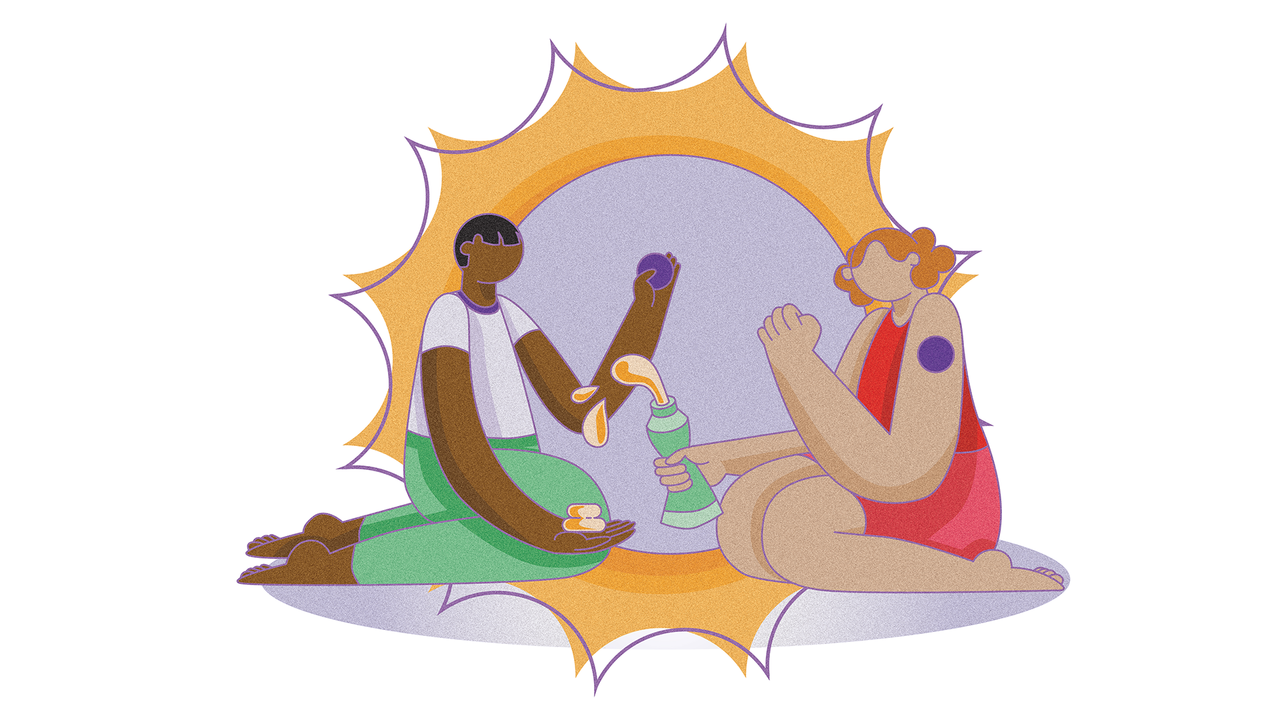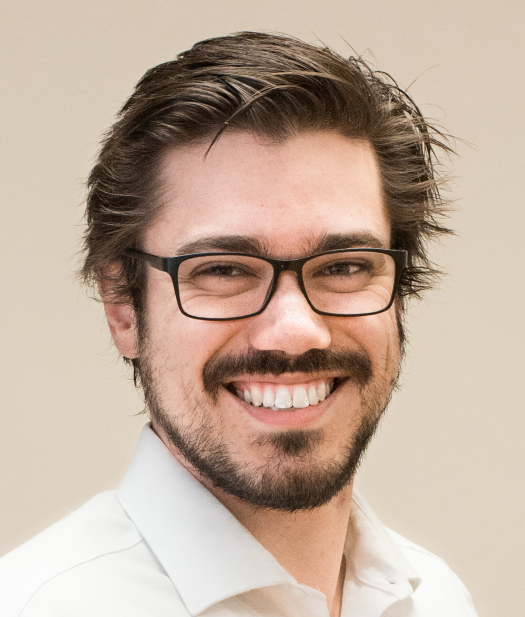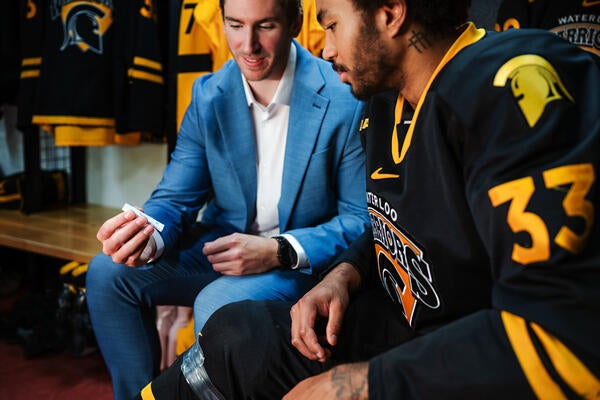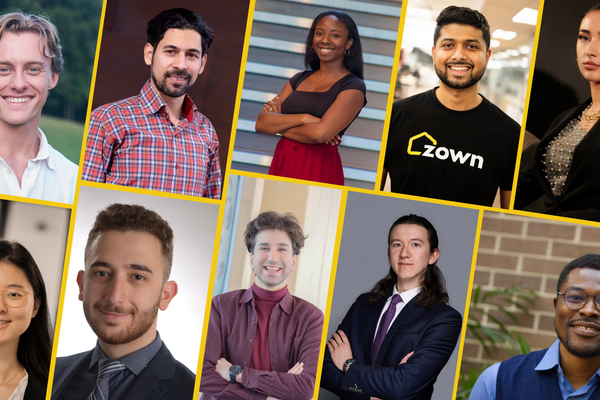
Keeping sun-seekers safe
Founder Fuel: Student startup helps people avoid sunburn

Founder Fuel: Student startup helps people avoid sunburn
By Faculty of EngineeringThe entrepreneurship ecosystem at Waterloo Engineering nurtures promising ideas into thriving enterprises. In our weekly Founder Fuel series, we look at new ventures and how they have benefited from that crucial early support.
Sunscreen can help prevent skin cancer, but only if it is used correctly. Andrew Martinko (BASc ’15, nanotechnology engineering, MBET ’16) and his Capstone team decided to give sun-seekers a little nudge.
They developed UV-activated ink you apply with a marker before slathering on sunscreen. When the ink turns purple, it’s time to reapply. The idea attracted all kinds of attention, especially after they were named runners-up for the prestigious international James Dyson innovation award.
To bring their marker to market, the group founded Suncayr. What followed next was a lot of pivoting. Initial feedback on the product was good, but when they dug a little deeper, questions started to emerge. How much ink do I need? Will kids think it’s okay to draw on themselves with other kinds of markers? The team went back to the drawing board and created UV-sensitive stickers instead.
Then, just before their U.S. retail launch, COVID-19 hit and people stayed away from stores.
Martinko and co-founder Chad Sweeting (BASc ’15, nanotechnology engineering) persevered. They brokered an acquisition by Dig It Apparel, which brought substantial branding and sales experience, and focused on online sales. Today, they’ve attracted hundreds of thousands of Amazon customers and a raft of five-star reviews.
 Andrew Martinko, co-founder of Suncayr.
Andrew Martinko, co-founder of Suncayr.
Martinko gives a lot of credit to early support from the Waterloo entrepreneurship ecosystem, including backing from the Engineer of the Future Fund and the Esch awards. He particularly cites Velocity Science, a “phenomenal program” where they could see other entrepreneurs struggle, be inspired by their successes and talk through issues over a beer.
So what advice would Martinko now share with young entrepreneurs over a beer?
“Just start,” he says. “Even if it goes belly up, it’s all going to look pretty good on a résumé.”
This story first featured in WEAL 2022.

Read more
New medical device removes the guesswork from concussion screening in contact sports using only saliva

Read more
Here are the people and events behind some of this year’s most compelling Waterloo stories

Read more
From transforming solutions for homeownership to advancing health care interventions, Waterloo talent continues to disrupt industries and drive change
The University of Waterloo acknowledges that much of our work takes place on the traditional territory of the Neutral, Anishinaabeg, and Haudenosaunee peoples. Our main campus is situated on the Haldimand Tract, the land granted to the Six Nations that includes six miles on each side of the Grand River. Our active work toward reconciliation takes place across our campuses through research, learning, teaching, and community building, and is co-ordinated within the Office of Indigenous Relations.